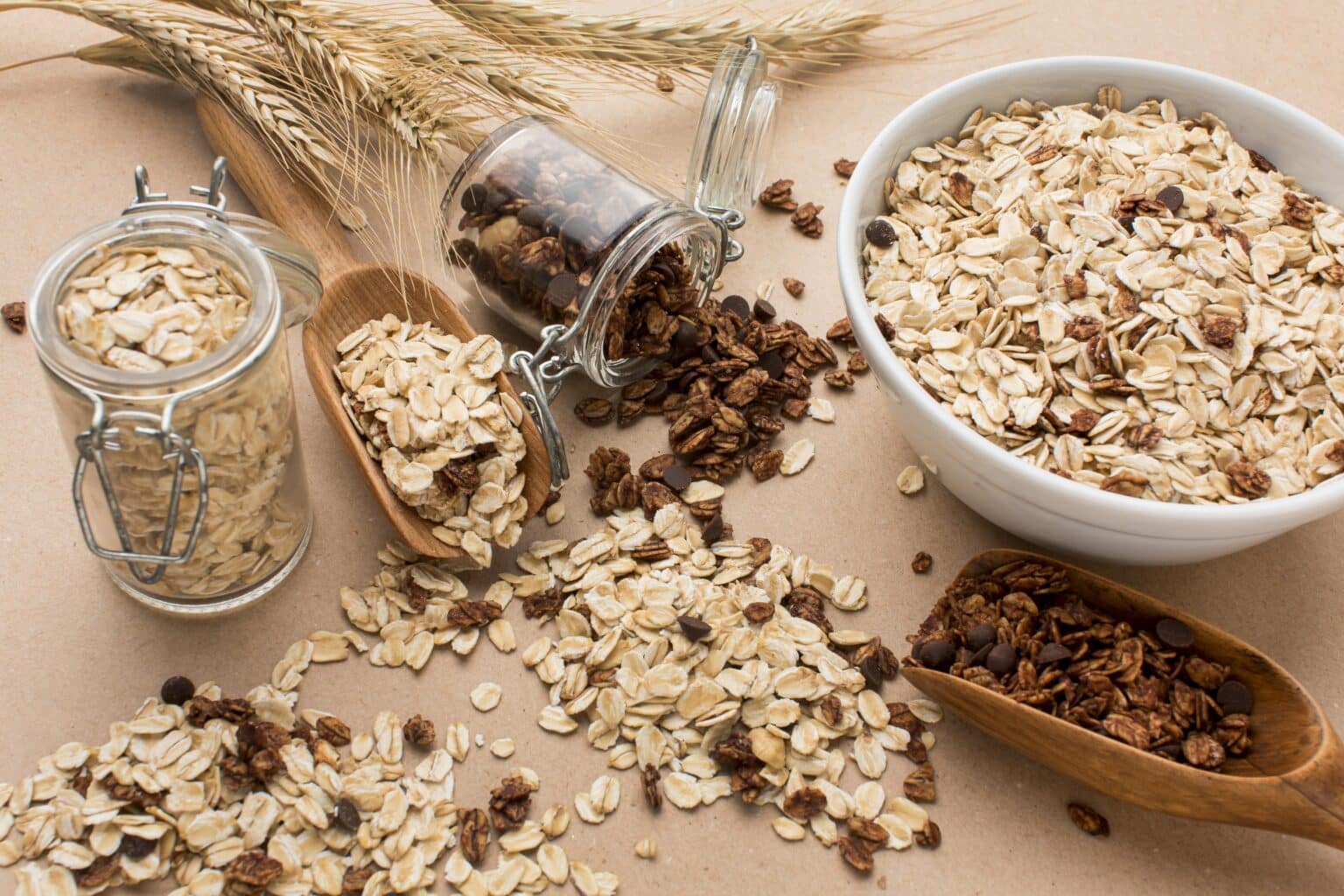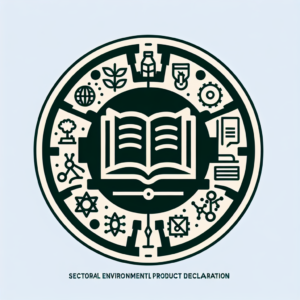The European Food Information Council (EUFIC) has launched a campaign called ‘Switch to Whole Grains!’ with the aim of promoting the consumption of whole grains in Spain. This country, which has one of the lowest rates of this type of diet in Europe, sees the launch of this initiative coincide with International Whole Grain Day, celebrated on November 19th. The campaign seeks to promote healthy and balanced eating habits among the population.
The intake of fiber, an essential component for digestive, cardiovascular, and metabolic health, is alarmingly low in Spain. Citizens consume an average of only 12.5 grams of fiber per day, well below the recommendation of 25 grams. Additionally, the majority of Spanish adults only consume 12.3 grams of whole grains daily, and only 11% of the population regularly includes whole grain bread in their diet.
Manuel Moñino Gómez, president of the General Council of Official Colleges of Dietitians-Nutritionists of Spain (CGCODN), points out the contradiction between the richness of the food culture in Spain and the low consumption of whole grains. “The good news is that whole grain bread, rice, and pasta can easily fit into the Spanish table without changing our way of eating, just improving it,” he assured.
National dietary guidelines suggest consuming between three and six servings of grains per day, with whole grains being preferred. Increasing their intake could help Spaniards reach fiber recommendations and other essential nutrients with simple changes in their eating routines. However, the situation at the European level is also concerning; 16 out of the 27 European Union countries fail to reach the 50 grams of daily grains. It is estimated that a low intake of whole grains is linked to over 145,000 preventable deaths each year in Europe.
The ‘Switch to Whole Grains!’ campaign aims to facilitate the inclusion of whole grains in daily diet. These foods provide up to 75% more nutrients and much more fiber compared to refined grains. Dr. Jan De Vries, vice president of the Whole Grain Initiative, emphasized that “whole grains contribute to better health and help reduce the risk of chronic diseases such as heart disease, diabetes, and certain types of cancer.”
To encourage this change, the campaign offers practical resources, recipes, and an interactive contest that invites citizens to participate in challenges to stimulate the consumption of whole grains. Last year, over 640 participants joined the challenge, with 80% stating they would increase their consumption of these foods and 75% recommending the experience to others.
Carlos Abundancia, communication manager at EUFIC, emphasized that dietary decisions are influenced by the family and social environment. “This year we want to help people make whole grains a favorite at home, showing that healthy changes are easier when everyone participates,” he pointed out.
The campaign is presented as an opportunity to promote eating habits that not only improve the health of Spaniards, but also allow them to enjoy a tastier and more nutrient-rich diet.
Referrer: MiMub in Spanish











